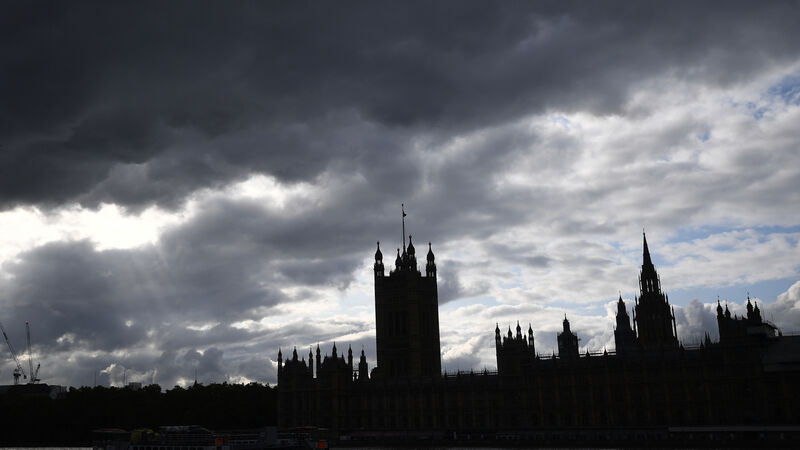Holyrood overwhelmingly votes against UK Internal Market Bill

The UK Government is facing calls to abandon “deeply damaging” post-Brexit legislation after Holyrood overwhelming voted against the Internal Market Bill.
SNP, Labour, Green and Liberal Democrat MSPs all united to vote against the Bill, with just the Tories backing it.











